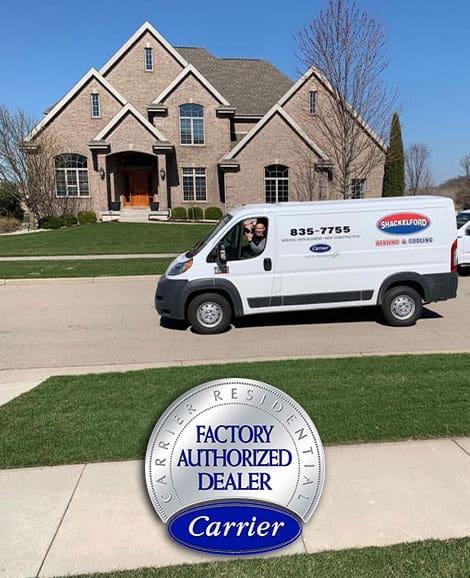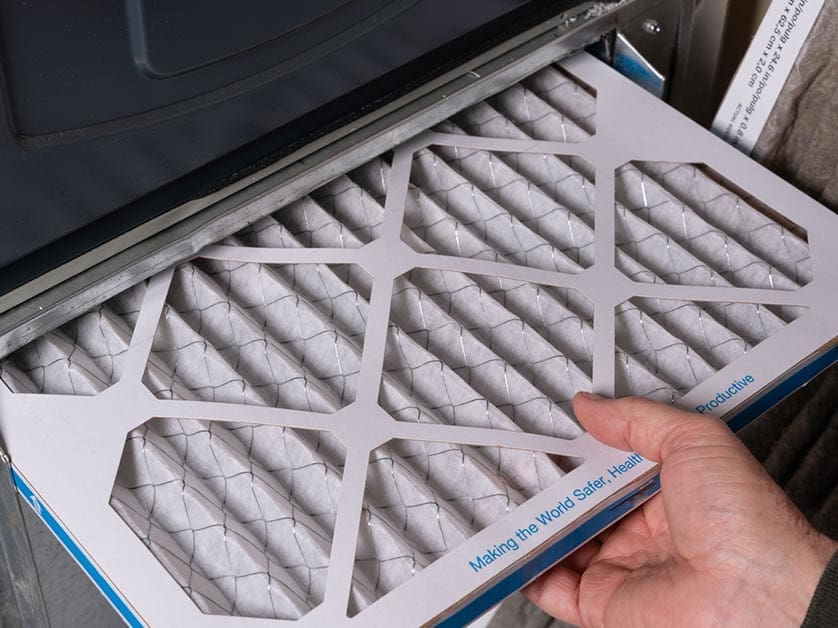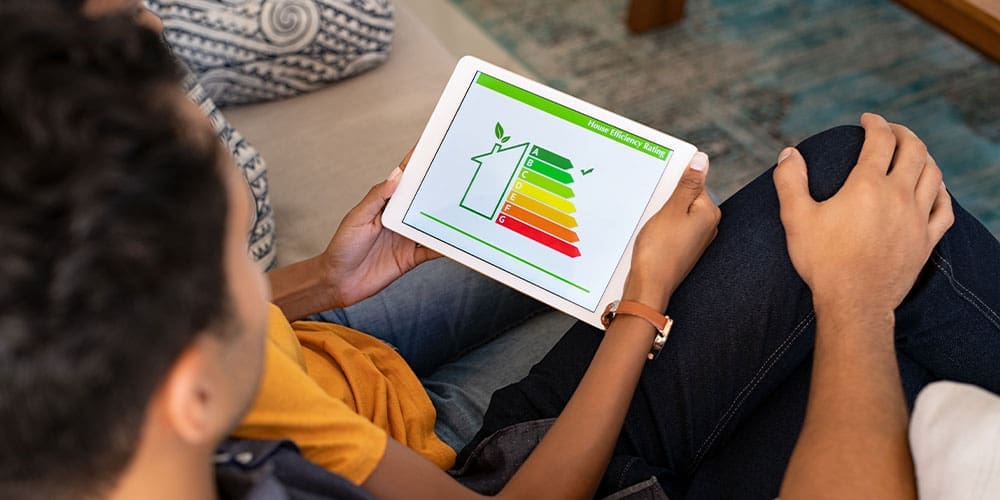Are your sneezing, sniffling and itchy eyes driving you up the wall? Allergies can significantly impact your daily life, making it essential to find ways to manage and alleviate your symptoms. One key factor in controlling allergies is the air quality inside your home, and the right air filter can make a world of difference in improving indoor air quality (IAQ) and relieving allergy symptoms.
In this post, trusted air conditioner repair company Shackelford Heating & Cooling shares important information to help you choose an air filter that suits your needs.
Types of Air Filters
Various types of air filters are available, each with pros and cons when it comes to trapping allergens in your home. The following are some common types that HVAC contractors typically offer:
Fiberglass Filters
These are inexpensive filters that are typically found in most homes. However, fiberglass filters can capture only large particles, so smaller contaminants can still pass through.
Pleated Filters
Made of a denser material, pleated filters can trap large and small particles, making them a better choice for those with allergies. Pleated filters are available in different efficiency ratings, allowing you to select the one that suits your needs.
Electrostatic Filters
These filters use static electricity to attract and capture particles, including allergens. Electrostatic filters can be reusable or disposable and are more effective than fiberglass filters.
High-Efficiency Particulate Air (HEPA) Filters
These filters are the gold standard for allergy relief since they can capture at least 99.97% of particles as small as 0.3 microns. However, HEPA filters may not be compatible with all HVAC systems, so you must consult a professional before purchasing or installing one.
Considerations for Choosing an Air Filter for Allergies
When looking for the best air filter to help with your allergies, consider the following factors:
Filter Efficiency and MERV Rating
The minimum efficiency reporting value (MERV) rating measures a filter’s ability to capture particles. The higher the MERV rating, the more efficient the filter is in trapping allergens.
Filter Size and Compatibility With the HVAC System
Ensure that the filter fits your HVAC system. An improperly sized filter will not provide the desired level of filtration and could even damage your system.
Filter Replacement Frequency
Regularly changing your air filter is essential for maintaining good IAQ and preventing or minimizing allergy symptoms. Be sure to follow the manufacturer’s recommendations for replacement frequency.
If you need professional assistance in finding the best HVAC filters for your home, you can rely on the experts at Shackelford Heating & Cooling. We also provide top-notch HVAC installation and other related services to homeowners in Madison, WI. Call (608) 530-0667 or complete our contact form to schedule a consultation.





